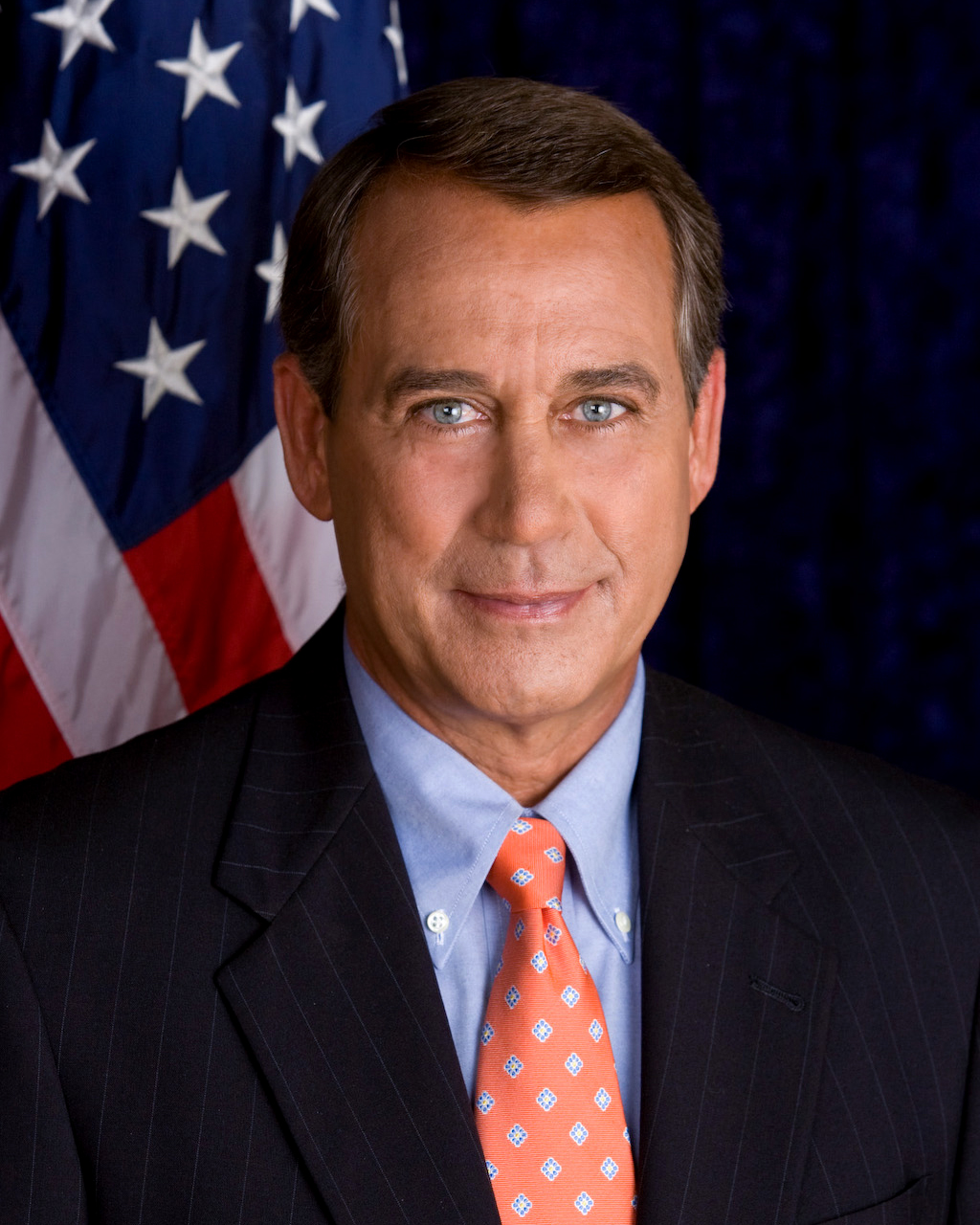WASHINGTON -- One day after 14
people were killed in
a mass shooting in San Bernardino, California, Senate Democrats pushed through
votes on measures to strengthen gun control laws. Republicans succeeded in
blocking every single one.
In an
effort to apply pressure on their GOP colleagues, Senate Democrats tried to
change the focus of legislation aimed at repealing Obamacare and defunding
Planned Parenthood on the Senate floor Thursday. Their package
attempted to strip out the text of the underlying bill and replace it with
three measures that would have blocked individuals on terrorist watch lists
from purchasing guns, expanded existing gun background checks, and
increased funding for mental health services and treatment for substance abuse
disorders.
"Our
thoughts and prayers are not even close to enough. This country is dangerously
close to falling into a new normal," said Sen. Chuck Schumer (D-N.Y.), the
Senate's third-ranking Democrat. "Is this the kind of country we want to
be? Senate Democrats are not waiting one more day."
Democrats
offered the package during a vote-a-rama on the GOP Obamacare bill. While every
amendment failed -- they each needed to secure 60 votes -- Schumer said earlier
in the day that the point of it all was to ensure the entire country knows
where every senator stands on the issue. He predicted a "good number"
of Republicans were "dreading" the votes.





